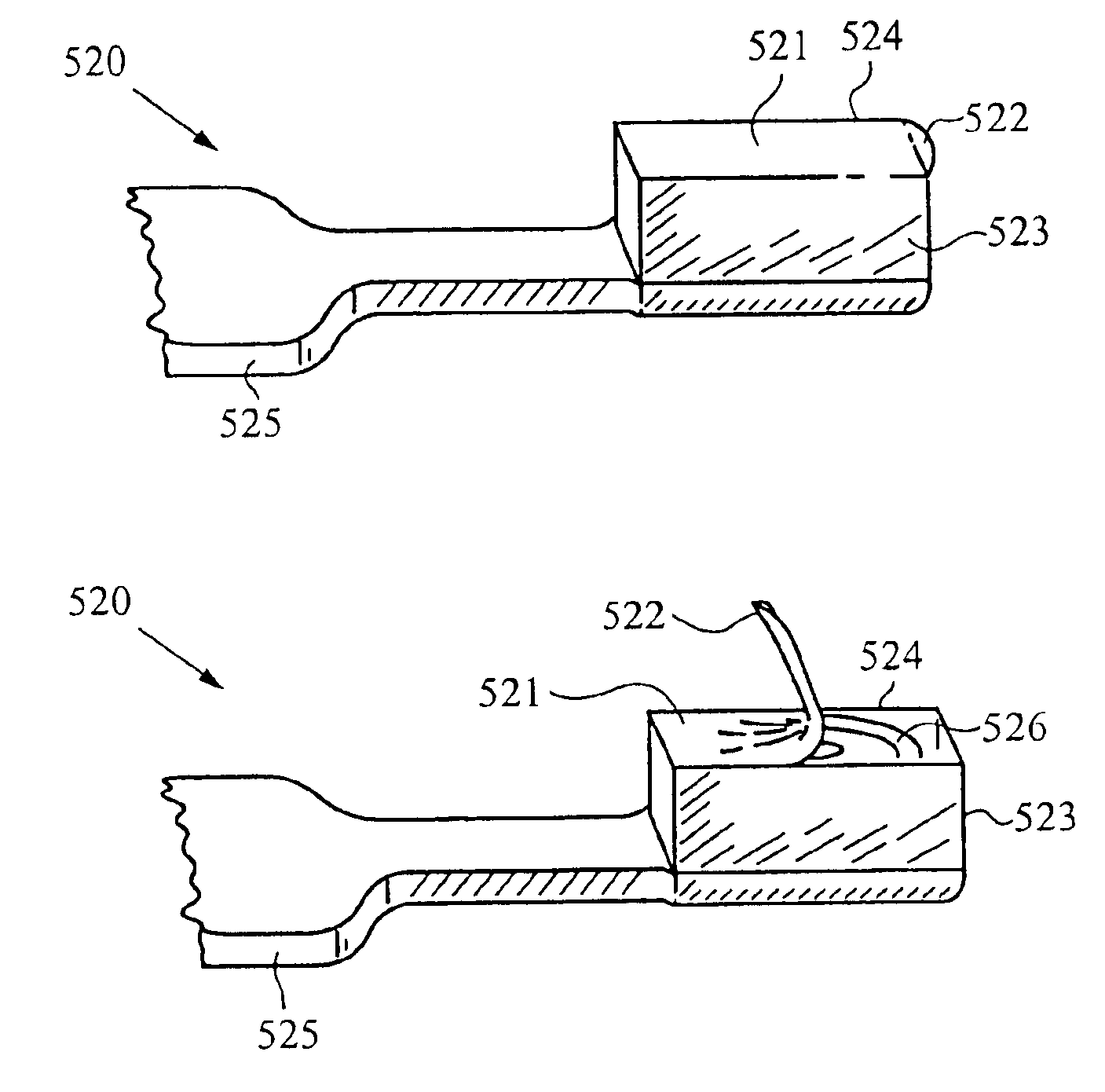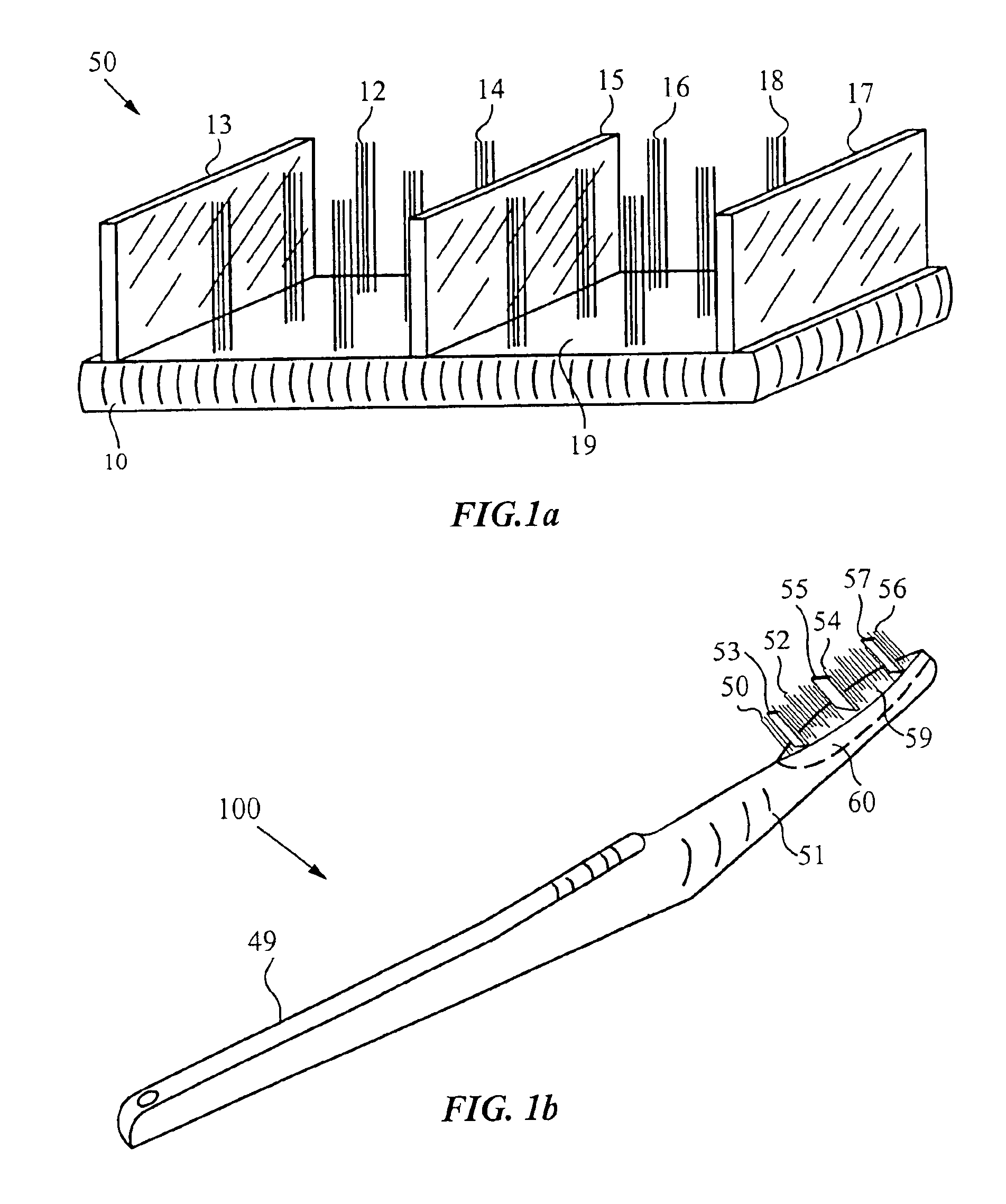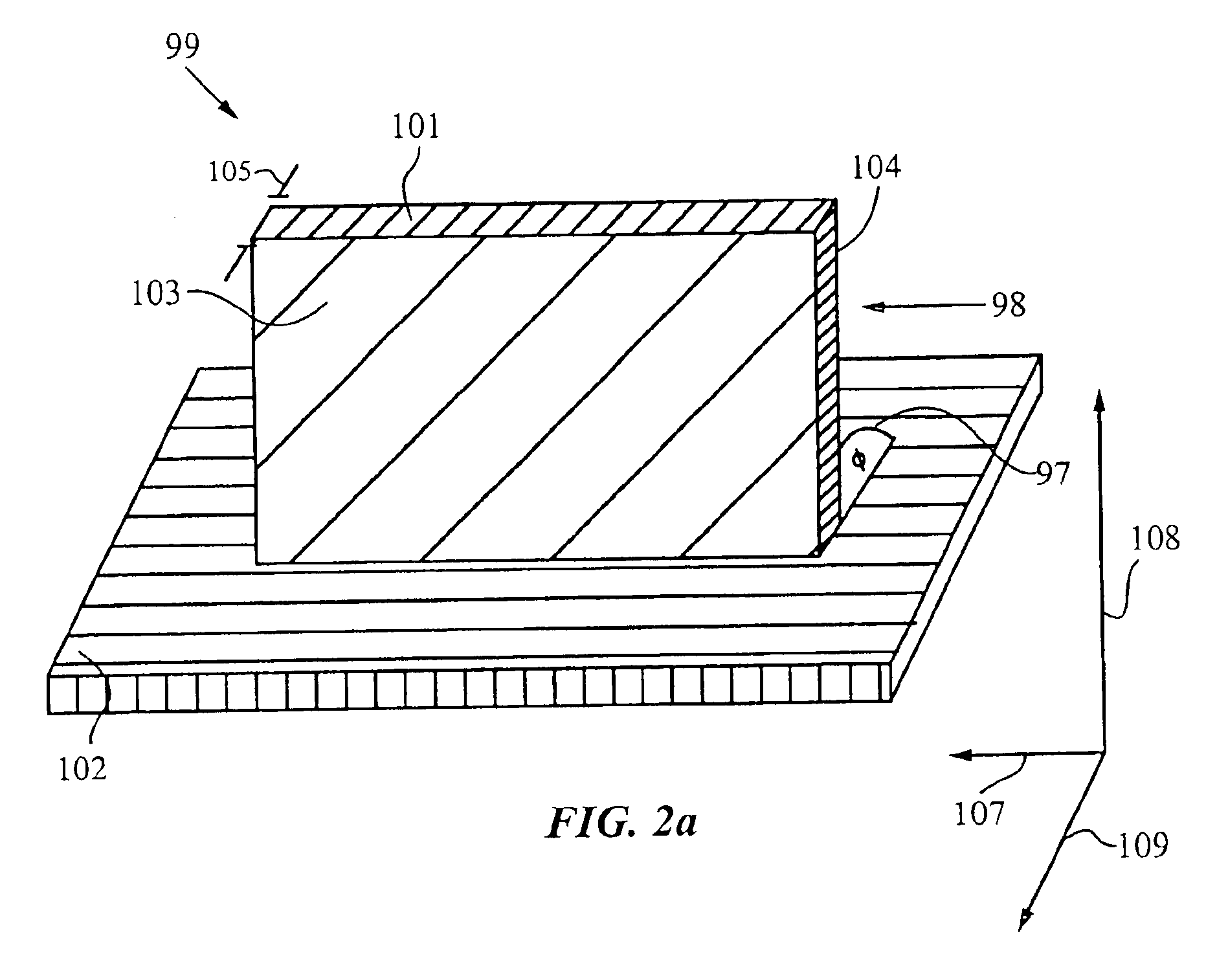Dentition cleaning device and system
a cleaning device and dentition technology, applied in carpet cleaners, cleaning equipment, containers preventing decay, etc., can solve the problems of poor suitability for cleaning the surface of gum tissue, inefficiency, and inefficient devices for removing plaque and stains from enamel surfaces, so as to improve the efficiency of teeth cleaning
- Summary
- Abstract
- Description
- Claims
- Application Information
AI Technical Summary
Benefits of technology
Problems solved by technology
Method used
Image
Examples
Embodiment Construction
[0040]Although the following detailed description contains many specifics for the purposes of illustration, anyone of ordinary skill in the art will appreciate that many variations and alterations to the following details are within the scope of the invention. Accordingly, the following preferred embodiment of the invention is set forth without any loss of generality to, and without imposing limitations upon, the claimed invention.
[0041]FIG. 1a shows a cleaning head 50 configured with rows bristle sections 12, 14, 16 and 18 protruding from a surface 19 of a support member 10. Protruding in a similar direction to the rows of bristle section, are squeegee segments 13, 15 and 17. The bristle sections 12, 14, 16 and 18 and the squeegee segments 13, 15 and 17 are preferably capable of contacting a surface (not shown) simultaneously during a cleaning operation.
[0042]FIG. 1b illustrates a dentition cleaning device 100 according to one embodiment of the current invention. The dentition clea...
PUM
 Login to View More
Login to View More Abstract
Description
Claims
Application Information
 Login to View More
Login to View More - R&D
- Intellectual Property
- Life Sciences
- Materials
- Tech Scout
- Unparalleled Data Quality
- Higher Quality Content
- 60% Fewer Hallucinations
Browse by: Latest US Patents, China's latest patents, Technical Efficacy Thesaurus, Application Domain, Technology Topic, Popular Technical Reports.
© 2025 PatSnap. All rights reserved.Legal|Privacy policy|Modern Slavery Act Transparency Statement|Sitemap|About US| Contact US: help@patsnap.com



